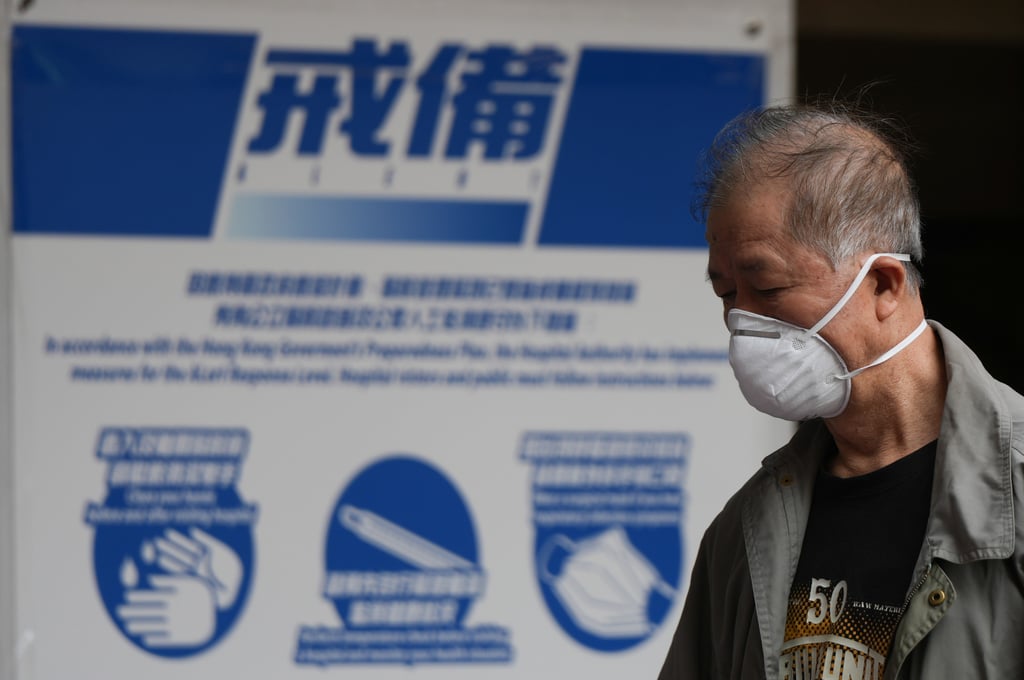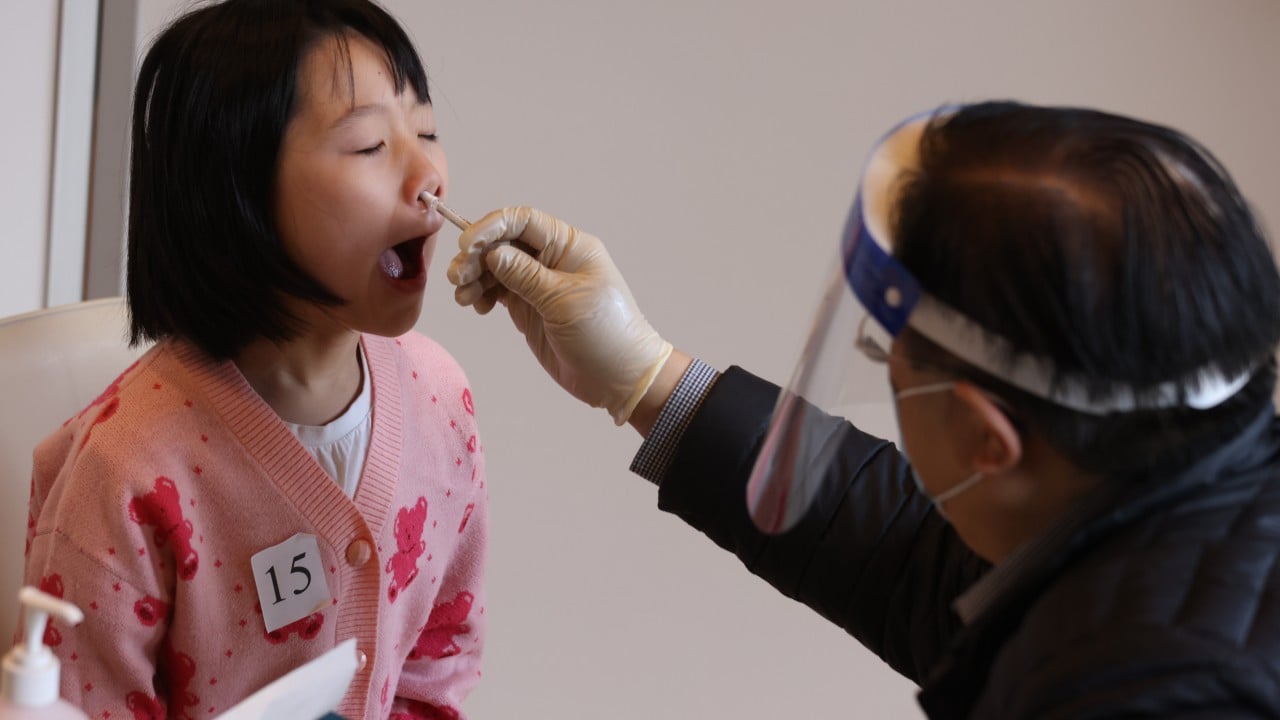Hong Kong’s longest influenza season has come to an end after 28 weeks, health authorities have said.
The Department of Health’s Centre for Health Protection confirmed on Thursday that the flu season, which started in mid-January, had finished, but appealed to the public to maintain a high standard of hygiene.
“The current influenza season lasted for 28 weeks, which is not common in Hong Kong,” a department spokesman said.
“The Centre for Health Protection believes that this prolonged influenza season can be attributed to a change in the circulating influenza virus strains.”
The city’s predominant virus at the start of the season was flu A subtype H3, but that was later changed to subtype H1 in April.
Hong Kong’s winter flu seasons in the past normally lasted from eight to 12 weeks.
The centre said flu levels peaked for a month from around late April, then dropped gradually.
The latest surveillance information showed that the percentage of respiratory specimens tested by public laboratories which tested positive for flu was 5.16 per cent, well below the baseline level of 9.21 per cent.

The admission rate to public hospitals of people with a flu diagnosis also dropped to 0.23 per 10,000 people.
The centre said the figures were additional indications that the flu season had petered out.
But they also highlighted that Covid-19 levels in the city had increased and said people should get vaccinated for protection.
Medical experts earlier warned that there would only be a short gap before the arrival of the next flu season, which was likely to be less serious than the one just ended.
Healthcare authorities said they would introduce a “more flexible” choice of vaccine options for the next seasonal schools’ flu vaccination programme.
Kindergarten and child care centres will be able to choose to provide injectable and nasal spray flu vaccines, with medical professionals visiting the preschools to administer them.
The decision was made after authorities met education and medical groups, such as the Hong Kong Early Childhood Educators Association.
Dr Mike Kwan Yat-wah, an honorary associate professor at the University of Hong Kong’s department of paediatrics and adolescent medicine, welcomed the policy change for preschools.
He said the move could help increase flu vaccine uptake, especially among children who were scared of needles, and reduce vaccine hesitancy rates.


